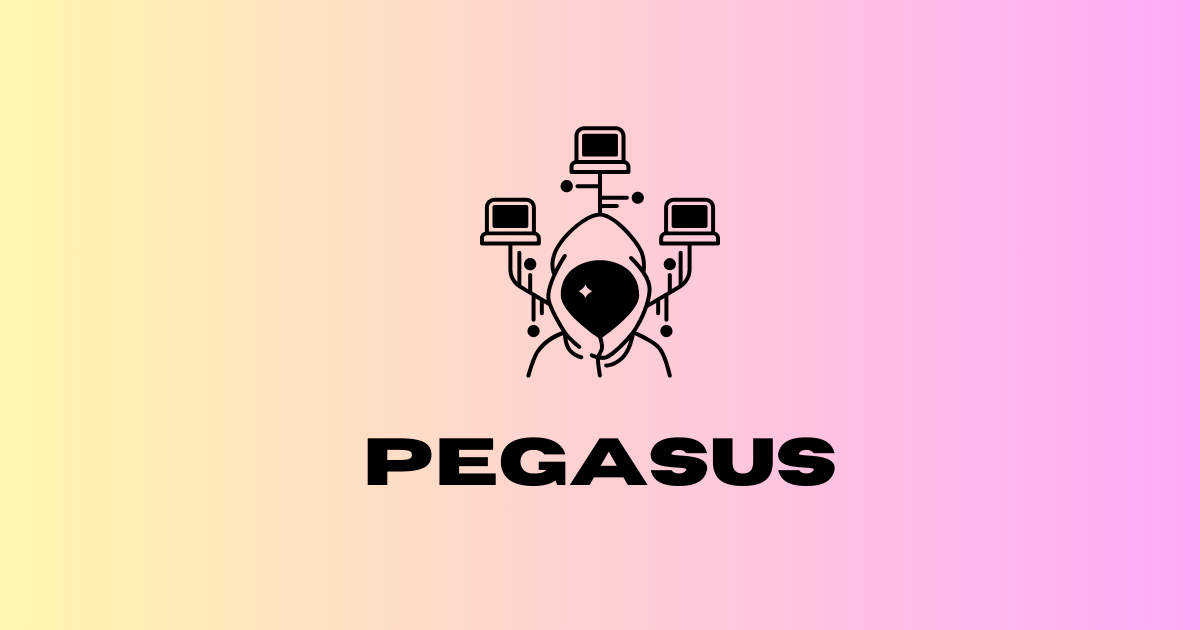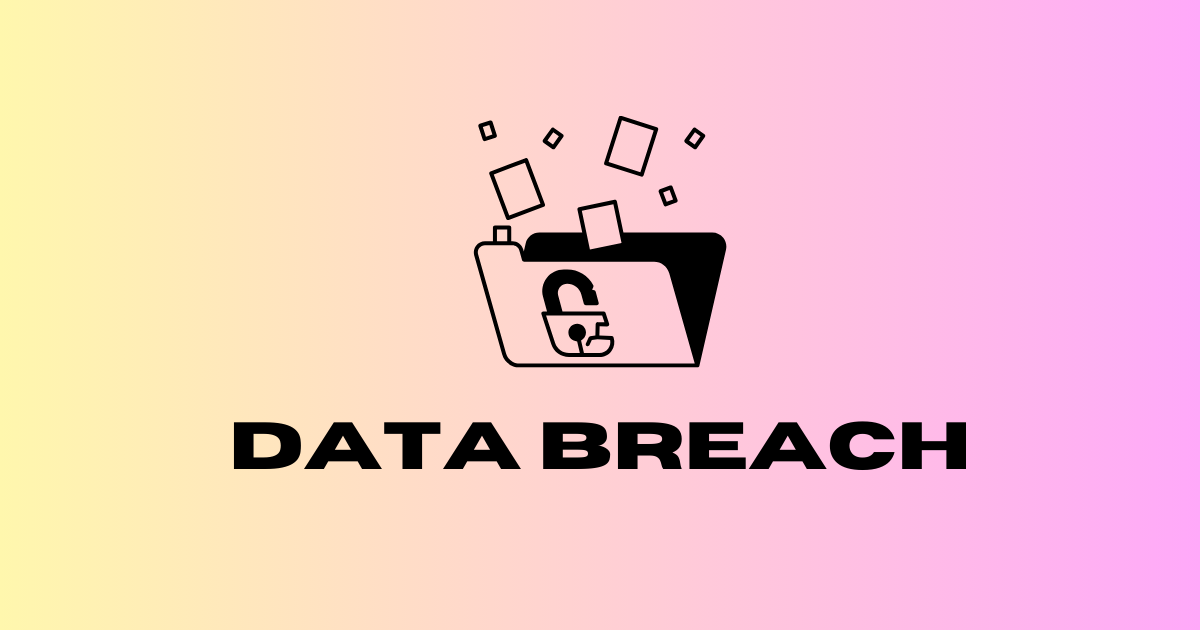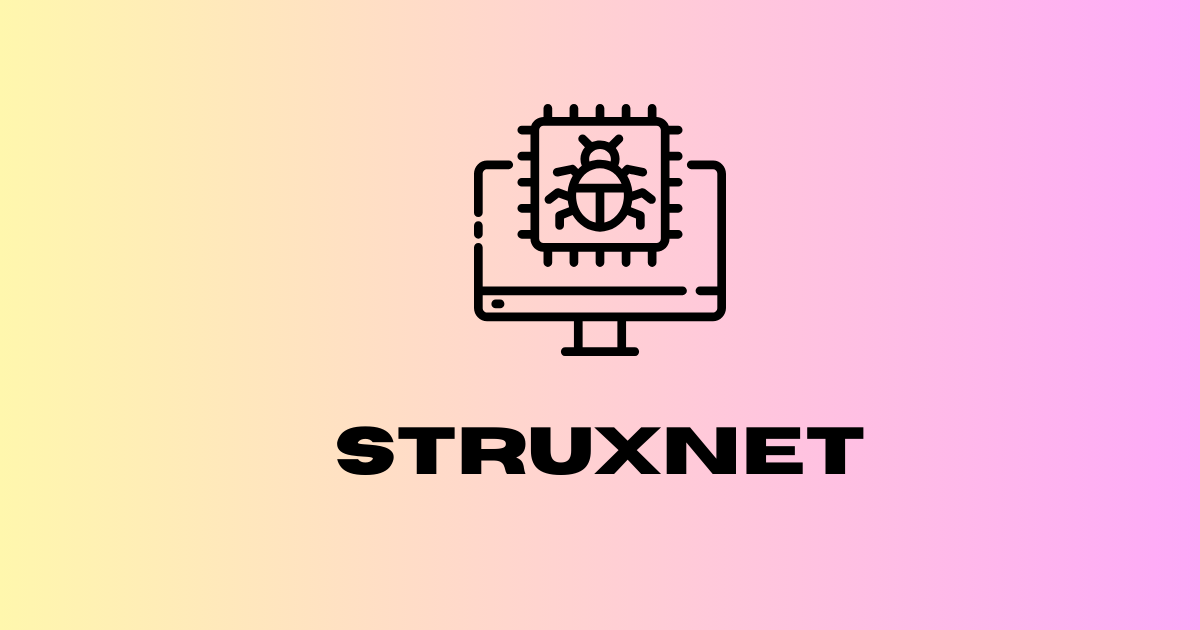In the ever-evolving landscape of cybersecurity, one of the most sophisticated and controversial threats to emerge is the Pegasus spyware. Developed by the Israeli cybersecurity firm NSO Group, Pegasus is not just any malware—it is a highly advanced cyber-espionage tool capable of infiltrating smartphones and turning them into surveillance devices. Unlike ordinary viruses, Pegasus can operate undetected, gathering private data, recording conversations, and even activating cameras and microphones without the user’s knowledge. This raises serious concerns about privacy, national security, and the ethical use of surveillance technology.
How Pegasus Works
Pegasus is considered a "zero-click" spyware, meaning it can infect a device without requiring any action from the user, such as clicking a malicious link or downloading an attachment. Traditionally, malware relies on phishing attempts to deceive users, but Pegasus exploits vulnerabilities in operating systems (such as iOS and Android) to gain unauthorized access. Some of its key capabilities include:
- Accessing Messages & Calls: Pegasus can read encrypted messages from apps like WhatsApp, Signal, and iMessage.
- Camera & Microphone Activation: It can turn on a phone’s camera and microphone, allowing remote eavesdropping.
- Location Tracking: The spyware enables real-time GPS tracking of the infected device.
- Data Extraction: Emails, contacts, browsing history, and personal files can all be accessed and stolen.
Global Impact and Controversies
Pegasus has been linked to numerous high-profile espionage cases worldwide. Governments and intelligence agencies have reportedly used it to monitor activists, journalists, political opponents, and even heads of state. Some of the major incidents involving Pegasus include:
- Jamal Khashoggi Case: Reports suggest that Pegasus was used to monitor the associates of the murdered journalist before his assassination.
- Government Surveillance Scandals: Investigations have revealed that various governments have deployed Pegasus to target opposition leaders and human rights activists.
- Mass Surveillance Concerns: Leaked data shows that thousands of phone numbers, including those of politicians and media personnel, were selected for potential targeting.
These revelations have led to widespread outrage, legal battles, and calls for stricter regulations on cyber-espionage tools.
Cybersecurity Implications
The rise of Pegasus highlights the growing threats to digital security and personal privacy. Some key cybersecurity concerns include:
- Zero-Day Vulnerabilities: Pegasus exploits undiscovered security flaws in operating systems, emphasizing the need for continuous software updates and patches.
- Lack of Transparency: Since Pegasus operates stealthily, users may never know if their devices are compromised.
- Challenges for Cybersecurity Experts: Detecting and mitigating Pegasus infections requires advanced forensic analysis, making protection difficult for the average user.
- Threat to Democracy & Freedom: When used for unlawful surveillance, spyware like Pegasus can suppress free speech and violate human rights.
How to Protect Against Spyware
While Pegasus is one of the most advanced spyware tools in existence, there are steps users can take to enhance their security:
- Keep Devices Updated: Regularly update operating systems and apps to patch security vulnerabilities.
- Avoid Suspicious Links & Attachments: Be cautious about clicking on unknown links, even from trusted sources.
- Use Encrypted Communication: While not foolproof, using end-to-end encrypted apps can add an extra layer of security.
- Monitor Device Behavior: Unusual battery drain, overheating, or data consumption may indicate spyware activity.
- Reboot Regularly: Some security researchers suggest rebooting phones frequently to disrupt spyware operations.
Conclusion
Pegasus represents a new era of cyber threats that extend beyond ordinary hacking and malware attacks. As technology advances, the battle between cyber-surveillance tools and cybersecurity measures will continue to evolve. Governments, organizations, and individuals must work towards stronger regulations and improved security practices to protect privacy and prevent the misuse of such powerful spyware.
The key takeaway? In a world increasingly dependent on digital communication, staying vigilant and informed is more critical than ever. Cybersecurity is not just about protecting data—it’s about safeguarding fundamental rights and freedoms.






